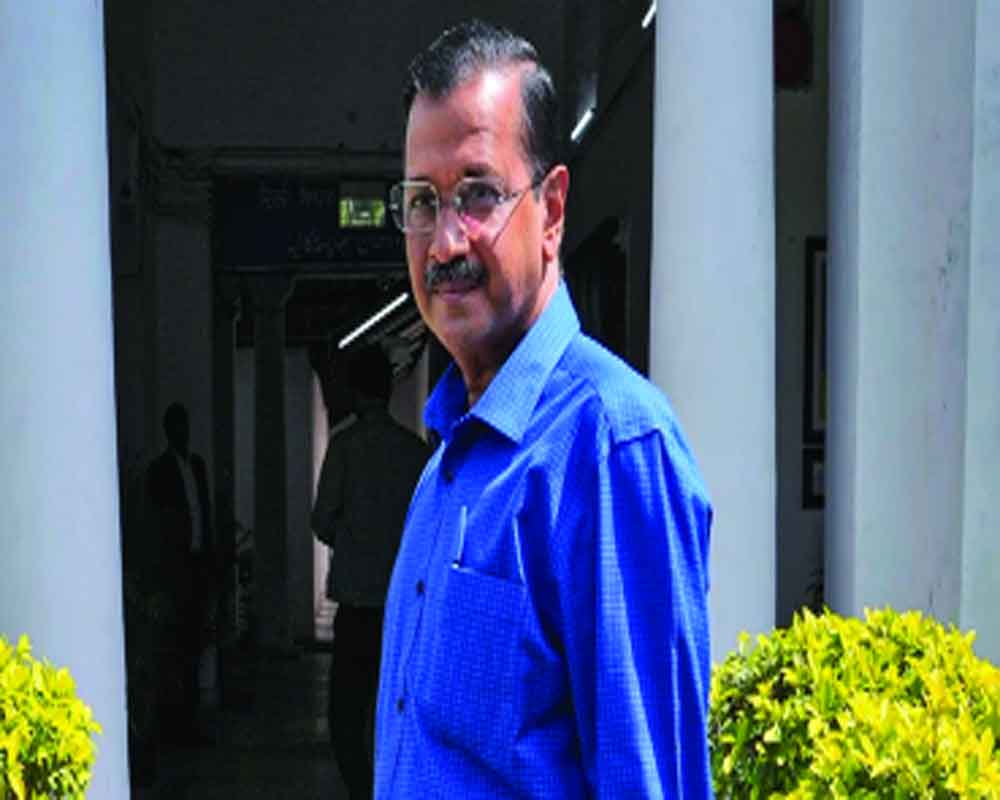With Delhi CM Arvind Kejriwal behind bars in the liquor scam, the future of AAP and allies is in balance
Few stories have been as riveting and controversial as that of Arvind Kejriwal, the anti-corruption crusader-turned-politician who took over as the Chief Minister of Delhi with a huge, unprecedented mandate. He rose to prominence as the face of the Aam Aadmi Party (AAP), promising a new era of clean governance. However, events have now taken a dramatic turn, with Kejriwal finding himself embroiled in a high-profile liquor scam, a stark contrast to the clean image he once projected. His political journey began in 2011 with Anna Hazare’s anti-corruption movement. Alongside figures like Anna and Kiran Bedi, Kejriwal became a symbol of hope for many disillusioned with the rampant corruption in politics. His activism resulted in the formation of AAP in 2012, with the party making significant inroads in the Delhi Assembly elections the following year and forming the Government. Under Kejriwal’s leadership, the AAP Government in Delhi introduced several populist measures aimed at improving the lives of citizens. Initiatives such as Mohalla Clinics, providing affordable healthcare, garnered praise from across the world. It goes to Kejriwal’s credit and that of his deputy Manish Sisodia that Government schools transformed into centres of excellence. The Chief Minister has painstakingly crafted his image as an unblemished and incorruptible leader, cementing his position as a formidable political force and fanning out across the country, forming the Government in Punjab as well. However, his alleged involvement in a liquor scam has cast a shadow over Kejriwal’s once-untarnished reputation.
The impact of his arrest on national politics cannot be overstated as it comes weeks before the Lok Sabha elections. With the Chief Minister embroiled in legal battles and the AAP leadership distracted by the scandal, the administration’s ability to effectively govern the Capital is severely compromised. Furthermore, as a prominent figure of the Opposition camp, Kejriwal’s arrest could weaken the anti-BJP bloc, of which the AAP is a significant member. The BJP, which has been eager to expand its influence in the Capital, may seek to capitalise on the development. Accused of turning a blind eye to illicit liquor trade in Delhi, Kejriwal now finds himself at the centre of a political storm. The irony of a former anti-corruption crusader being accused of complicity in a corruption scandal has not been lost on observers. That said, it is also true that Kejriwal is one of the biggest eyesores for the BJP as his party has replaced the latter in both the State leguslature and the MCD, though all the seven Delhi MPs belong to the BJP. With the AAP brass — Manish Sisodia, Sanjay Singh, Satyendra Jain and now the Chief Minister himself — behind bars, the political vendetta angle cannot be ruled out. Moreover, the conviction rate of the Enforcement Directorate is abysmally low and it has been accused by the Opposition of being a tool to harass the opponents. At this point, it is difficult to say what the actuality is, maybe somewhere between the two extremes.


























